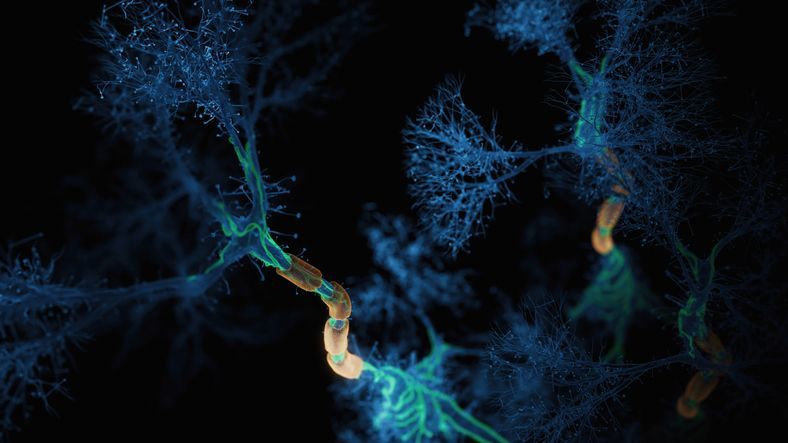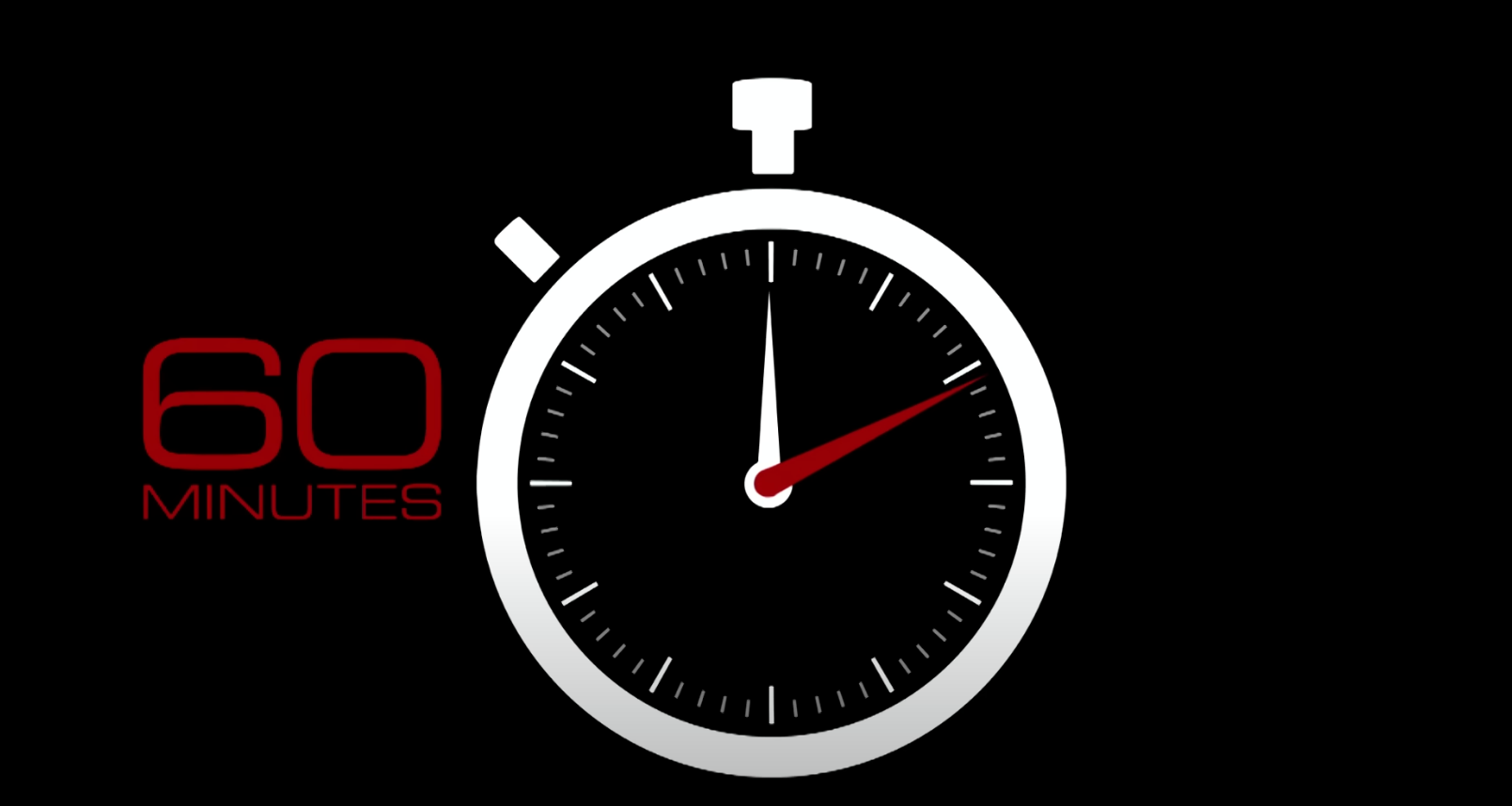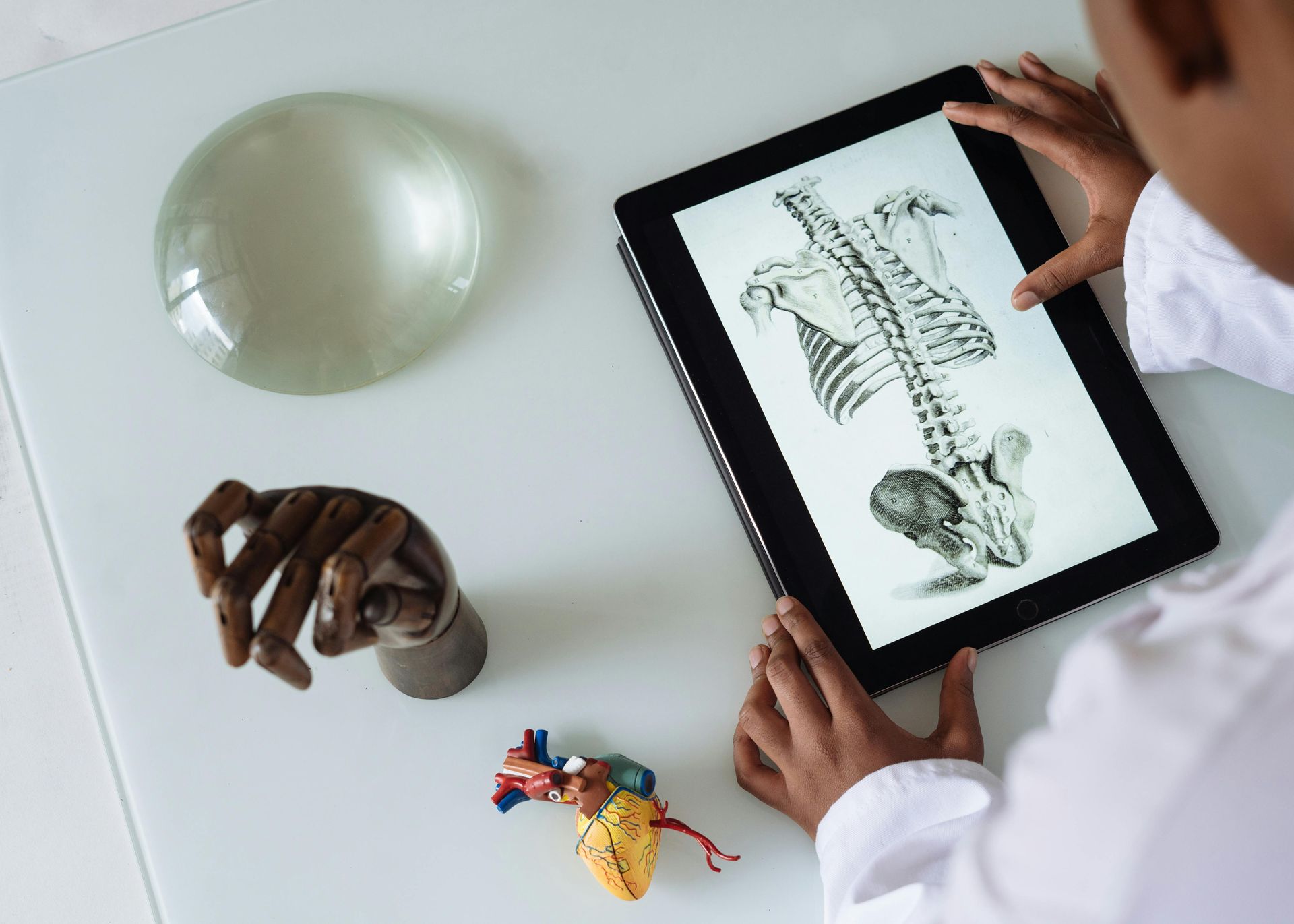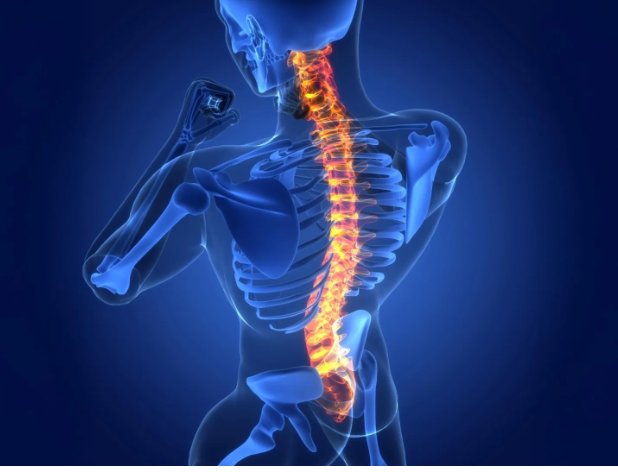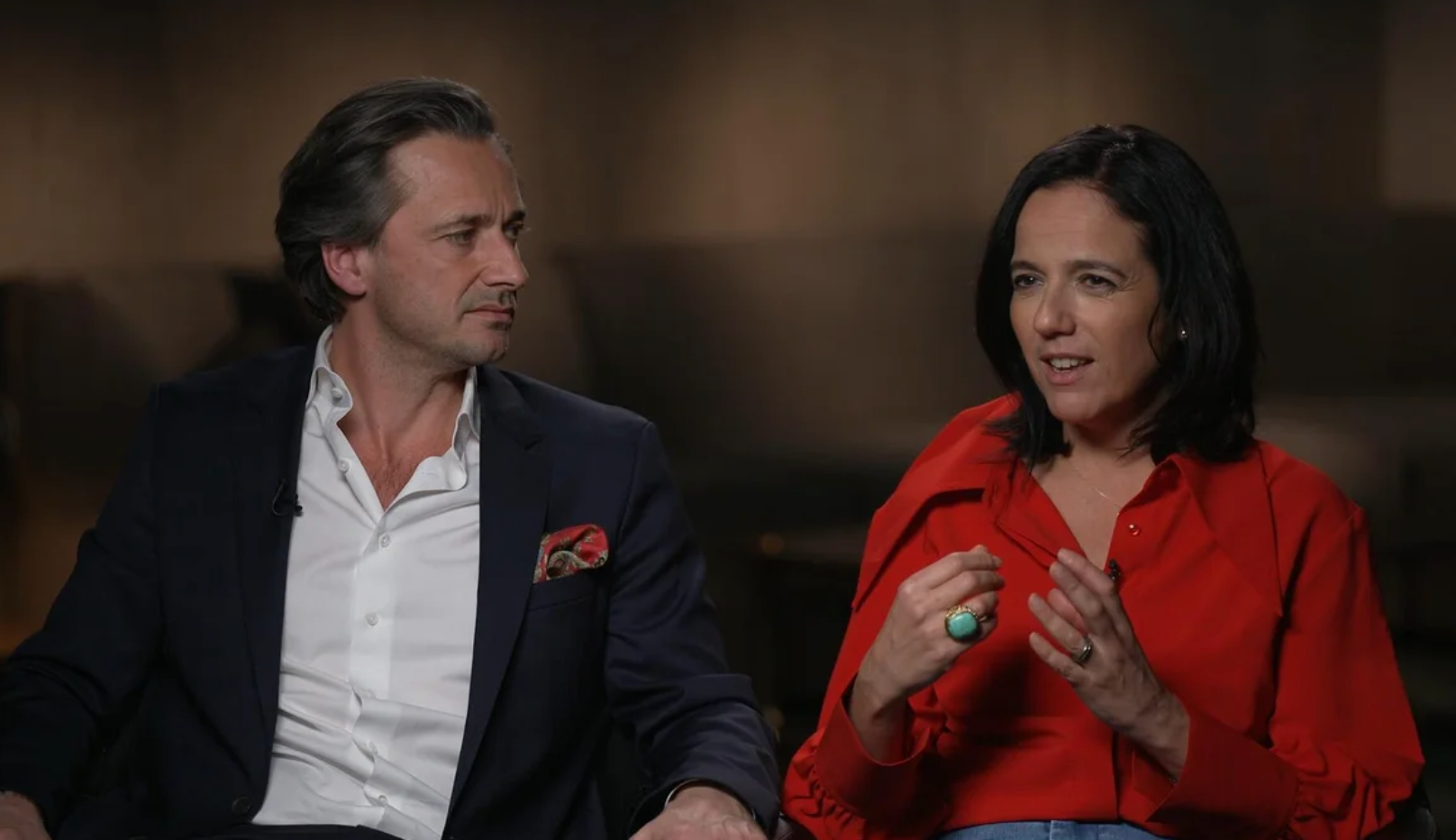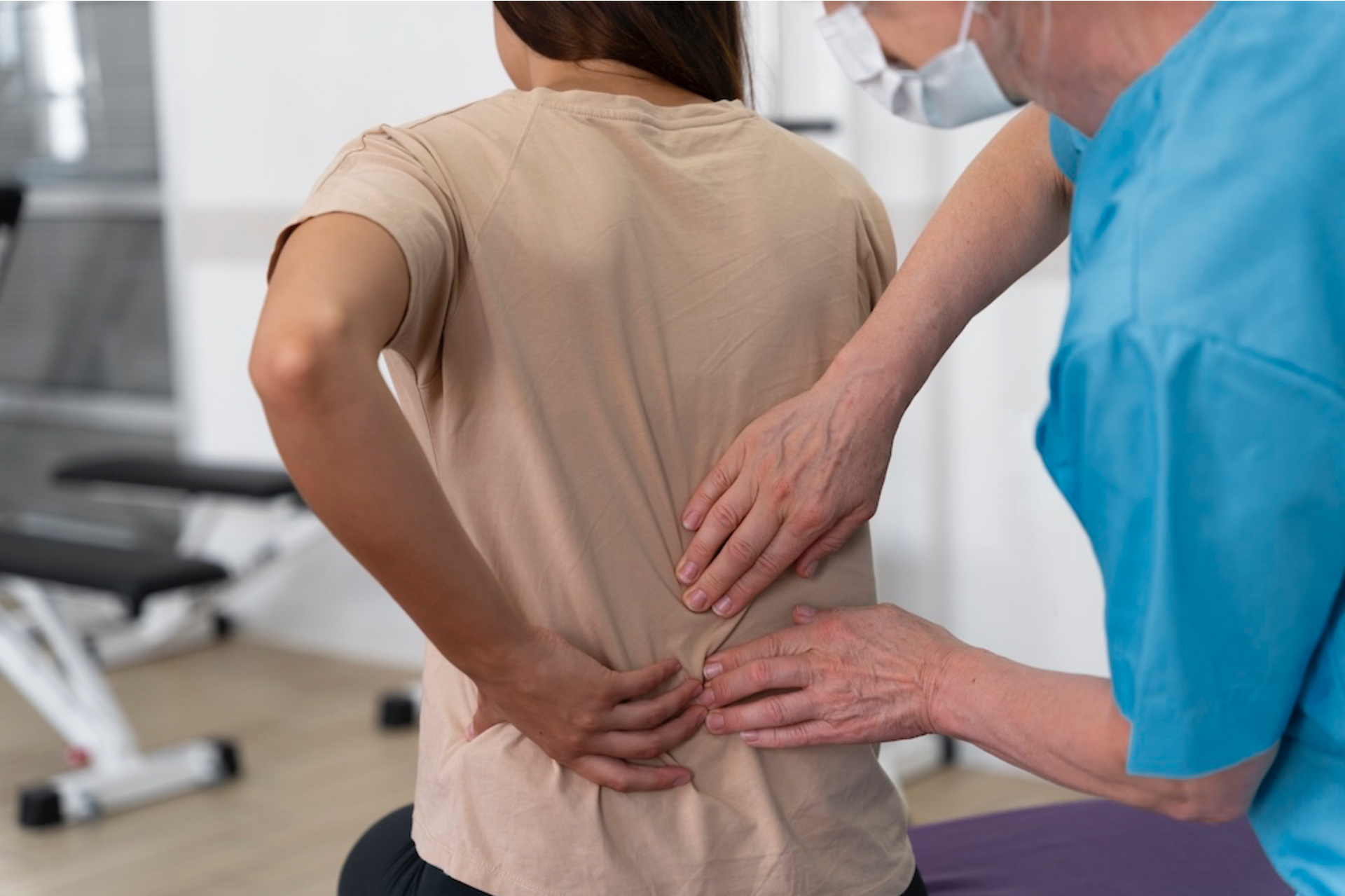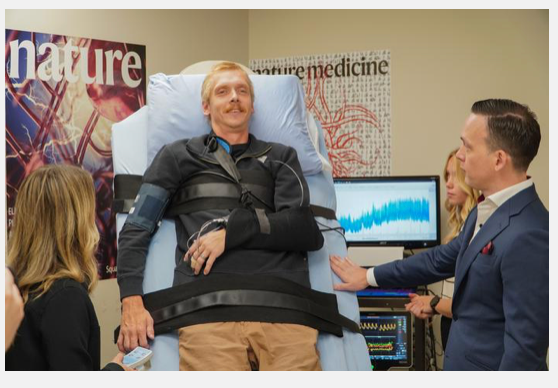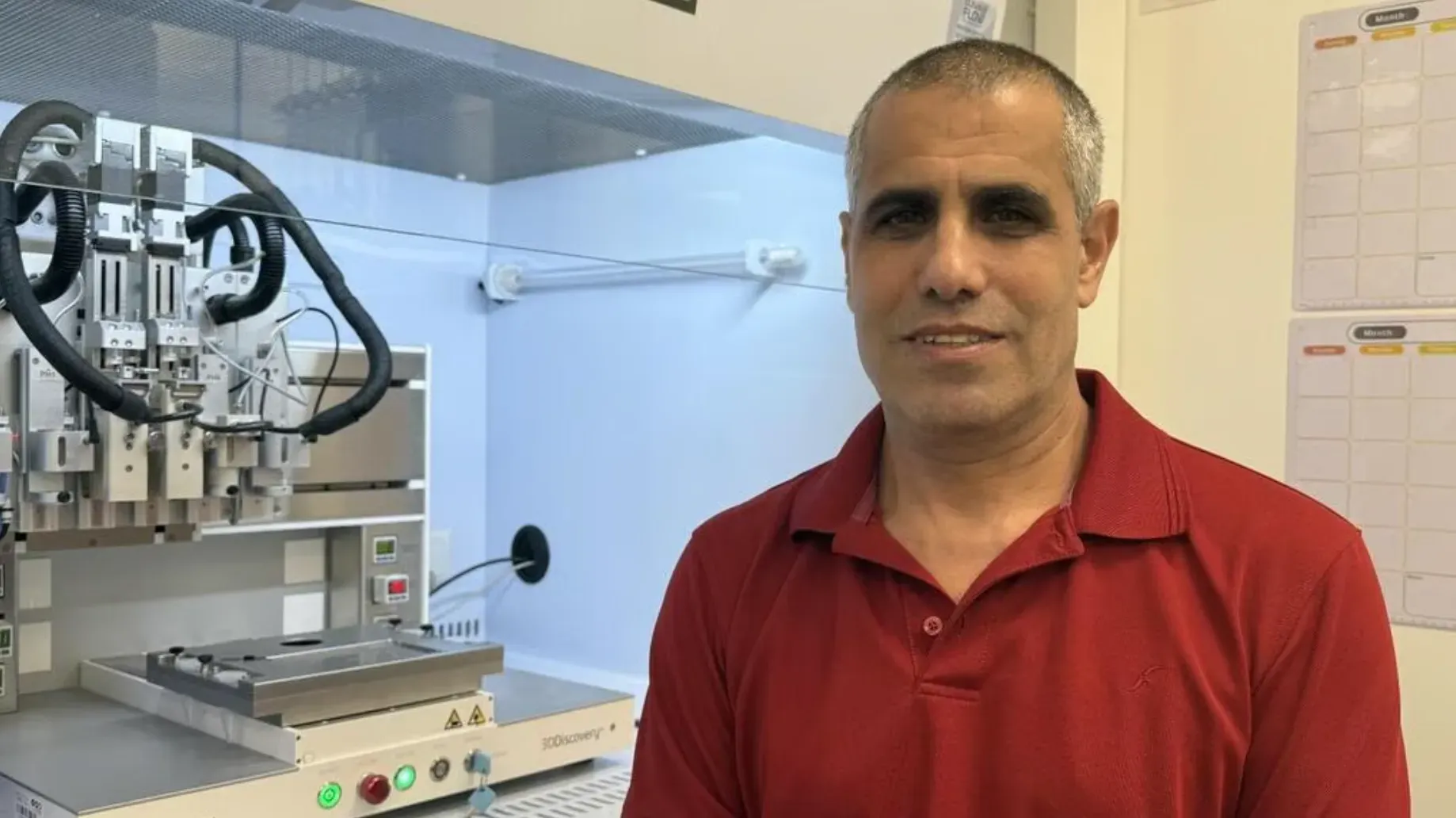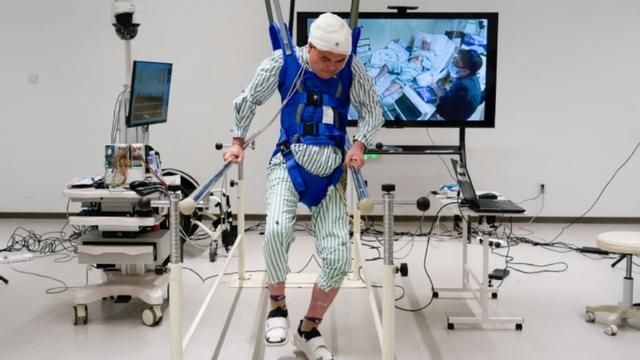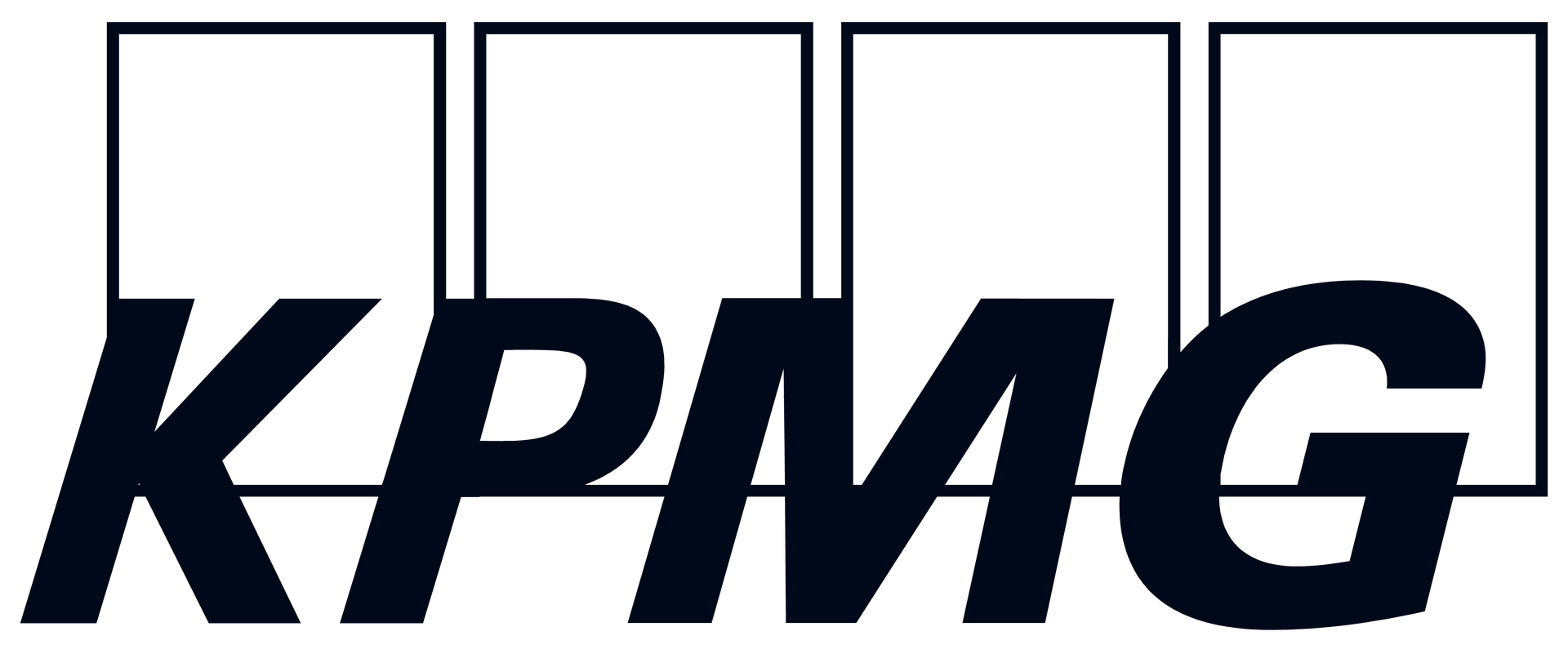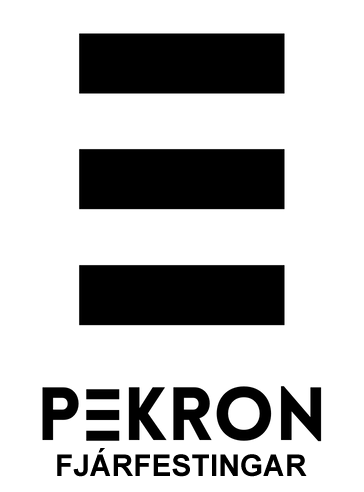A letter and response from the Foreign Minister of Iceland to the Secretary General of the Nordic council of Ministers
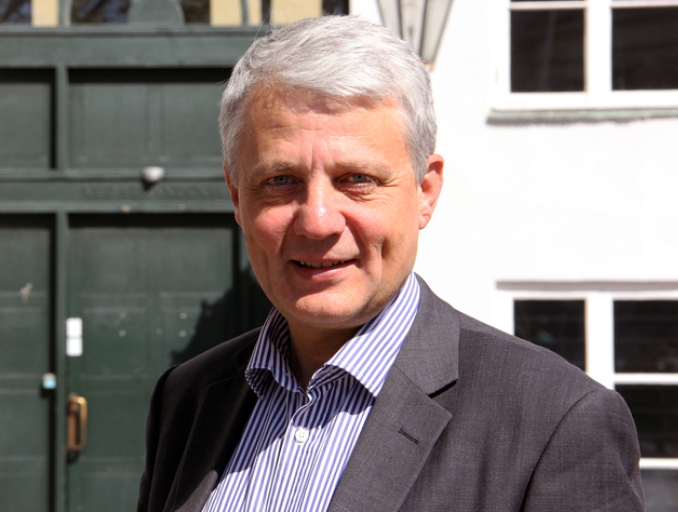
Dear Mr Høybråten,
I refer to the letter sent to you by the Prime Minister of Iceland, dated 5 June 2015, which mentions, among other things, the Icelandic Government’s efforts to raise awareness of nervous systemillnesses and spinal cord injuries – one of Iceland’s priorities in the preparation of the United Nation’s Sustainable Development Goals.
Now that new Sustainable Development Goals have been adopted, I would take this opportunity to draw your attention to a stipulation in the UN’s political declaration for sustainable development (Transforming our World: the 2030 Agenda for Sustainable Development, paragraph 26), which obligates UN Member States to work to prevent and treat neurological disorders. I propose that the Nordic Council of Ministers initiate an analysis of the Nordic neurological research data bank and coordination of the data therein using the latest computer technology, with the aim of identifying common patterns in the research results that could help researchers achieve a better understanding of the workings of the nervous system.
The main reason it has been so difficult to identify ways of healing the nervous system in cases of, for example, spinal cord and brain injuries, psychoses, Alzheimer’s disease, epilepsy, Parkinson’s disease, MS, MND and other illnesses, is our limited insight into the human nervous system and its complicated functions. It has also been difficult to identify effective treatments for these illnesses.
That is why it is important to take steps on an international level to expand our knowledge of how the nervous system works. I believe that the Nordic countries are well placed to take the lead on this matter.
If it came to fruition, the project could be in line with NordForsk’s and Nordic eScience Globalisation Initiative’s aim to secure the Nordic region a leading position in research and innovation on an international level. The project is also in accordance with the Nordic Council’s 2011 recommendation that the Nordic region should make spinal cord injuries one of its priorities. A Nordic Contingency Group for Highly Specialised Treatment is currently working on the matter.
Finally, I should like to highlight, and express my thanks for, the Nordic initiative that resulted in a nervous system stipulation being included in the UN’s Sustainable Development Goals for 2015-30. It is also important to note that this matter is now being processed as part of the follow-up to the Könberg report. Icelandic associations for sufferers of nervous system illnesses and injuries, the Icelandic Parliament and the Icelandic Government worked to ensure the approval of the stipulationand based its proposal on, among other things, the Nordic Council’s spinal cord recommendation from 2011.
Yours sincerely,
Lilja Alfreðsdóttir
[signature]
Minister for Foreign Affairs
Reply from the Secretary General of the Nordic Council of Ministers
9.11.2016
Dear Lilja Alfreðsdóttir,
Thank you very much for your letter dated 15 September 2016.
As part of our Nordic cooperation, we have been very aware of the need to focus on spinal cord injuries for a number of years, not least thanks to the excellent efforts by Iceland in this field.
Having received the letter from the Prime Minister of Iceland dated 5 June 2015, and in light of the subsequent proposal by the Icelandic Minister for Health, my office made sure that the matter was given its own item on the agenda for the meeting of the Nordic Council of Ministers for Health and Social Affairs.
The meeting minutes reflect this, with the ministers “recognising, based on a proposal from Iceland, the need to continue to work actively to prevent spinal cord injuries”. At the same meeting, the ministers decided to ask the newly formed Nordic Contingency Group for Highly Specialised Treatment to discuss the specific proposal put forward by Iceland. This contingency group is a direct result of Bo Könberg's recommendations for Nordic cooperation on health.
I am also pleased that you highlight the UN’s Sustainable Development Goals. These goals serve as highly relevant signposts for our work.
You specifically propose that the Nordic Council of Ministers should initiate an analysis of databanks for Nordic neurological research and that the data should be coordinated to enable the identification of patterns, and thus the promotion of research into the nervous system.
As Secretary General, I should be more than happy to further this proposal. Seeing as it is very much a research matter, I believe that the best way to do this is through a Nordic research collaboration lead by NordForsk.
I will therefore make sure that the Icelandic proposal is included in the agenda for the Nordic Committee for Health and Social Affairs under the Nordic Council of Ministers for Health and Social Affairs, and that this is done with a clear recommendation from me that the countries should ask NordForsk to examine the proposal more closely and provide feedback on the best way to bring it about.
In this connection, I should like to mention that the Ministers for Health and Social Affairs have a strong tradition of close cooperation with NordForsk, and thus also with the Nordic research environments. The large-scale Nordic Programme on Health and Welfare is not only supported by the Ministers for Health and Social Affairs, but also directly co-funded by their budget within the framework of Sustainable Nordic Welfare.
NordForsk is one of the most important Nordic institutions and the one which receives the largest share of Nordic funds from the shared budget. Administratively, NordForsk is an institution under the Council of Ministers for Education and Research. However, the nature of NordForsk means that it is responsible for coordinating and organising joint Nordic research initiatives for all sectors, and especially in the health and welfare area.
Important decisions relating to joint Nordic research initiatives are put forward and discussed by the NordForsk Board, on which Iceland has a seat. I would therefore like to conclude by recommending that Iceland use this as a complementary avenue for furthering this specific proposal.
Yours sincerely,
The Nordic Council of Ministers
[signature]
Dagfinn Høybråten
Secretary General
